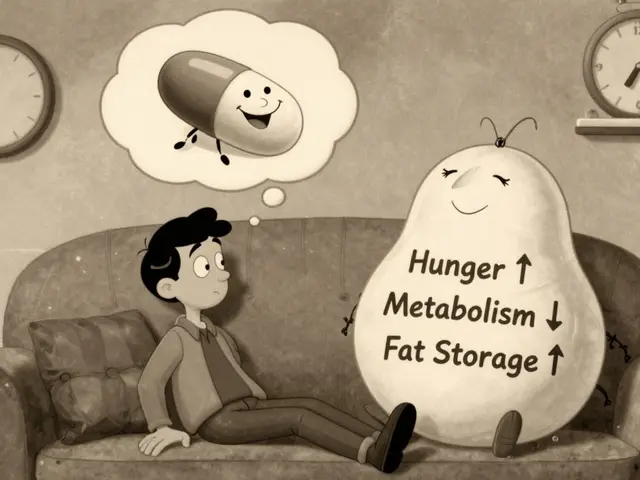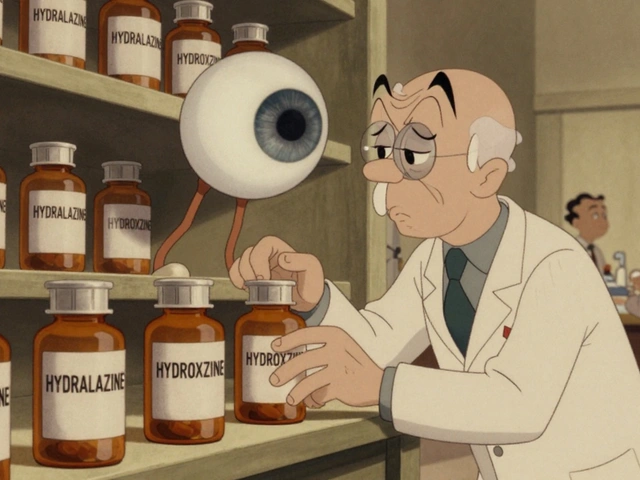Antioxidants: What They Are and Why You Need Them
Ever wonder why nutrition guides keep shouting about “antioxidants”? In short, they’re compounds that help your cells fight off damage from free radicals – unstable molecules that can speed up aging and spark inflammation. When antioxidants neutralize those radicals, they protect your DNA, support your immune system, and keep you feeling vibrant.
Top Natural Sources of Antioxidants
Nature packs antioxidants into colorful fruits, veggies, herbs, and spices. Berries (especially blueberries and strawberries) are rich in anthocyanins, while leafy greens like spinach and kale deliver lutein and vitamin C. If you like a zingy boost, add red pepper, turmeric, or saffron to your meals – saffron, for example, has crocin, a powerful antioxidant that also supports mood.
Herbal supplements such as nasturtium and red sandalwood have gained attention for their antioxidant properties. Nasturtium’s peppery leaves contain vitamin C and glucosinolates, while red sandalwood offers flavonoids that may help reduce oxidative stress. These plant‑based options can be a handy way to up your antioxidant intake when fresh produce isn’t on hand.
Choosing the Right Antioxidant Supplement
When you’re not getting enough antioxidants from food, a supplement can fill the gap. Look for products that list the exact extract or compound (e.g., “standardized curcumin 95%”) and avoid proprietary blends that hide doses. Check for third‑party testing to ensure purity – reputable labs will publish a certificate of analysis.
Dosage matters too. Too much of a single antioxidant, like vitamin E, can interfere with blood clotting, while a balanced blend of vitamins C, E, selenium, and polyphenols tends to be safer. If you’re on medication (especially blood thinners or chemotherapy), talk to a doctor before adding a high‑dose antioxidant supplement.
Remember, antioxidants work best as part of a varied diet. Pairing them with healthy fats (like olive oil or avocado) can improve absorption, especially for fat‑soluble compounds such as beta‑carotene and lycopene.
Bottom line: antioxidants are your body’s defense squad against oxidative damage. Fill your plate with colorful produce, consider proven herbal options like nasturtium or saffron when you need an extra push, and pick supplements that are transparent, tested, and balanced. Your cells will thank you, and you’ll likely feel more energetic, resilient, and ready for whatever comes next.





